Spare a thought for the roots
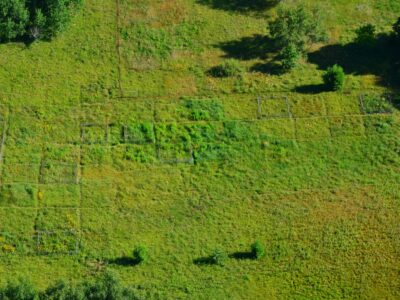
Nutrient addition increases aboveground plant growth more than it increases belowground plant growth, suggesting that the two are not linked.

Nutrient addition increases aboveground plant growth more than it increases belowground plant growth, suggesting that the two are not linked.
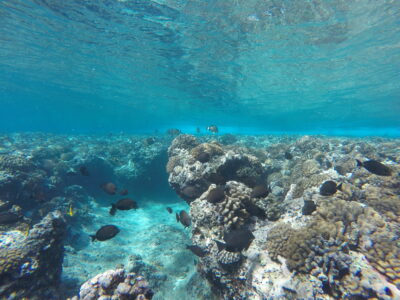
Fish clear space for corals to grow in small scale experiments. But does fish grazing cause reefs to recover faster? A new study says no.
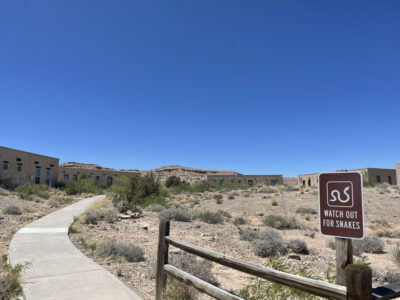
New cross-site working group explores untapped evolutionary research potential at LTER sites.
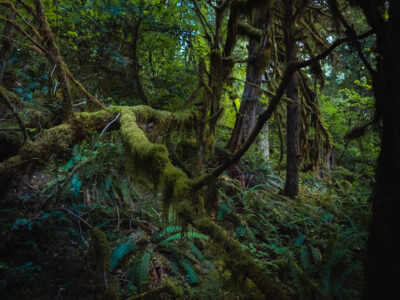
The Andrews Forest has produced cutting-edge research for decades. Moving forward, they look to the treetops to understand the forest.

Urban pond habitats and specific management practices promote amphibian diversity and abundance in Madison, Wisconsin
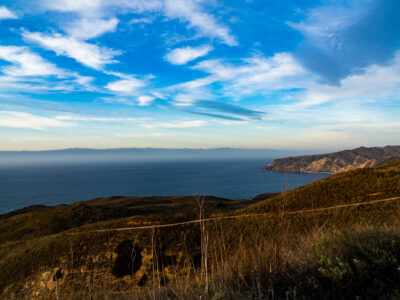
Researchers at the SBC LTER show that lobster spillover from MPAs caused a 400% increase in lobster abundance outside of protected areas.
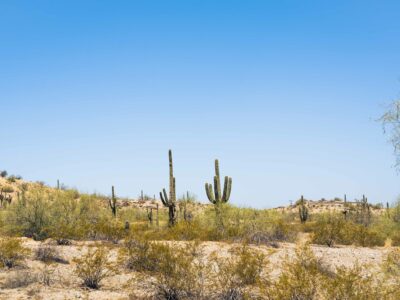
Find out what makes an urban LTER site with examples from three ecosystems at the Central Arizona-Phoenix Long-Term Ecological Research site.
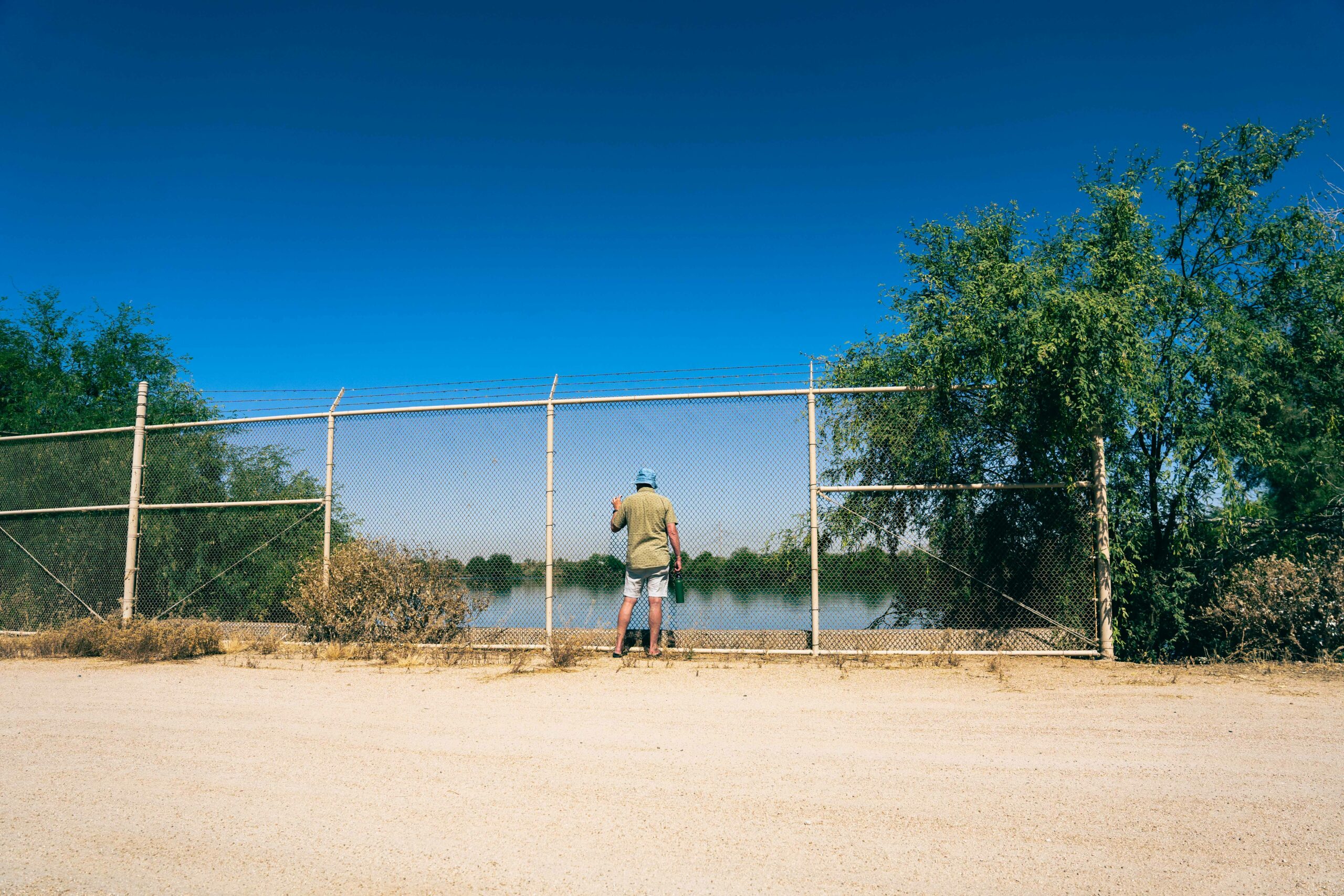
The Phoenix Area Social Survey uncovers residents’ relation to the landscape around them, revealing drivers of urban environmental change.
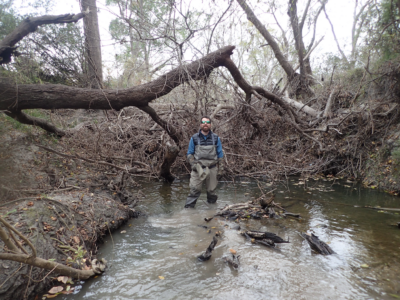
Ecosystems resist devastation from hurricanes by choosing either of two strategies: high resistance or high resilience.
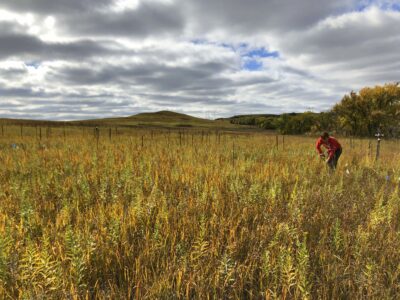
New research from a long-term experiment at the Konza Prairie LTER shows that past climate conditions influence how ecosystems respond to current water availability.